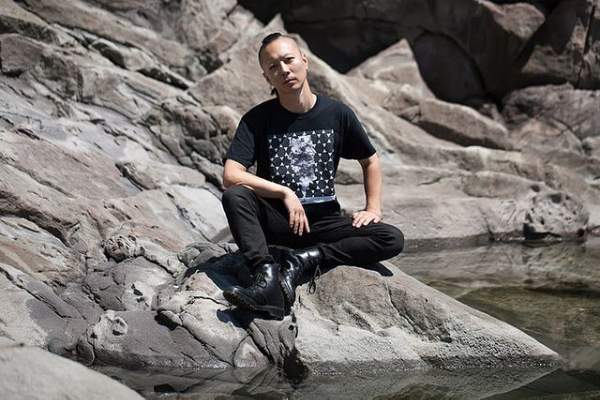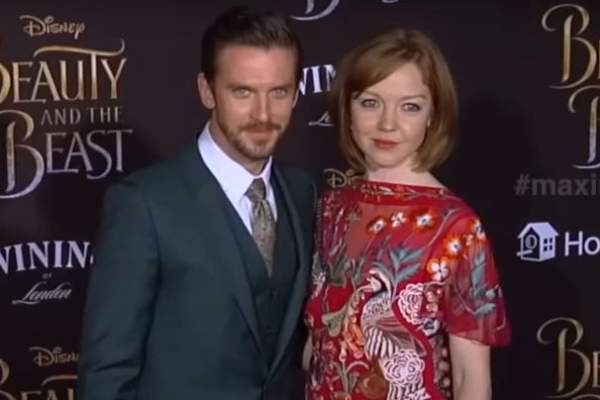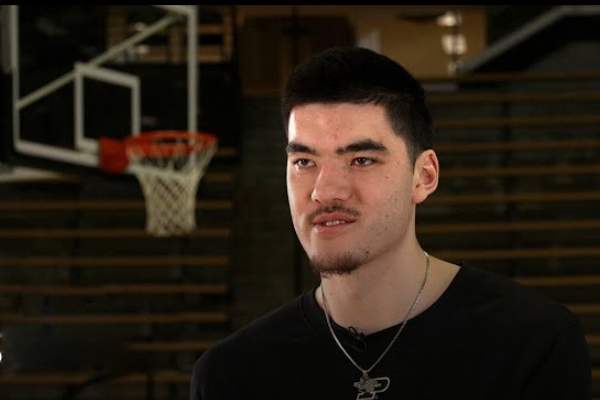Japan has given birth to some of the world’s best artists, considering manga originated from The Land of The Rising Sun.
One popular artist of modern times is Shohei Otomo, the son of manga artist Katsuhiro Otomo. Join us as we look at some of the most popular Shohei Otomo art pieces.
The God of Ballpoint Pen
Shohei is fondly known as “The God of Ballpoint Pen” as he captures the hearts of his loyal fans with his artistry.
The artist’s skills mainly revolve around using ballpoint pen, and his works offer a unique understanding of Japan’s commercial outlook and subterranean culture.
With an unmatched level of sharp-edged political analysis and technical prowess, Shohei successfully merges elements from genres such as art, illustration, anime, and cyber-punk.
According to Otomo, working with ballpoint pens intensifies the process because even one erroneous stroke can result in permanent blemishes on the art.
Let us look into some of his most talked about showpieces.
5. Shohei Otomo Art: The Specter
The Specter is a masterpiece crafted by Shohei Otomo. As with much of his artwork, the detailed and intricate black-and-white ink drawing stands out.
The elegantly drawn figure features a skeleton adorned in a Bosozoku Uniform that evokes feelings of violence and death. The uniform depicts the delinquent lifestyle and the motorcycle gangs that most people aren’t familiar with.
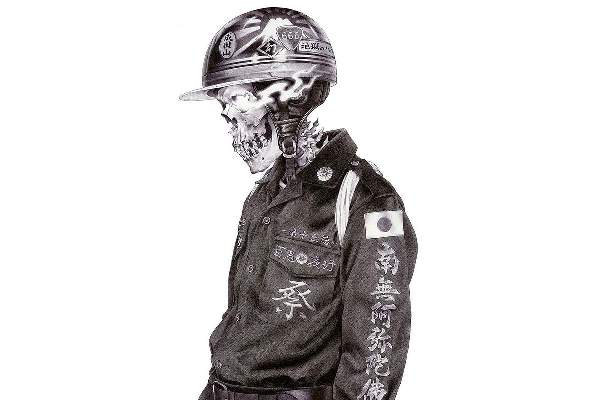
Taking cues from multiple sources like Japanese folklore, horror movies, and urban street culture, The Specter lures viewers into an eerie yet captivating world.
The Specter exemplifies Shohei Otomo’s unique style excellently with just black ink on paper, blending traditional and modern elements skillfully, resulting in a visually stunning art piece bestowing upon its haunting allure.
4. ‘Counterstrike’ Is Thought Provoking
Ora Ora exhibition, curated by Otomo, features a striking hero image entitled Counterstrike, depicting three youngsters mercilessly attacking an overworked salaryman.
This act of vengeance is partially driven by Otomo’s observation that Japanese adults overlook children’s needs. The exhibit appears to criticize Japan’s emphasis on materialistic values.
On the surface, the art simply looks like the new generation is challenging its predecessors. But looking closely, Otomo’s use of symbols and images depicts a more complex situation.
One child is wearing a cap with the words “New Age” in kanji characters. The kids are meant to represent traditionalism and are striking back against consumerism and materialism.
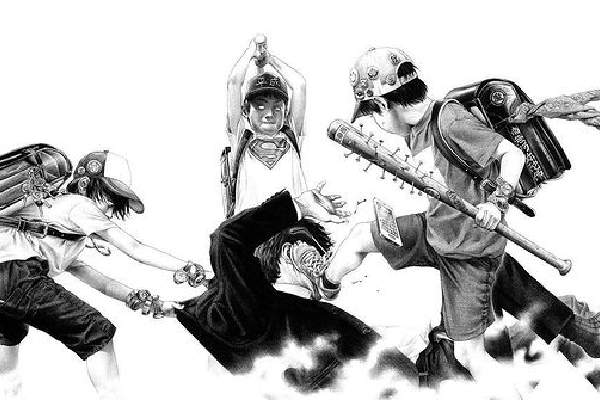
It is noteworthy how Otomo depicts the older man in this artwork as a symbol of present-day Japan and contrasts it with younger men representing traditional culture.
3. ‘The Seven Legendary Swords’ Represent Simplicity and Resourcefulness
Shohei does not prioritize using the most luxurious or pricey equipment as an artist.
For instance, in Otomo’s artwork, The Seven Legendary Swords, he portrays everyday household items which could be shaped into weapons, like a golf club.
By adopting this technique, Shohei sheds light on how resourcefulness is more important than materialism when producing outstanding works of art.
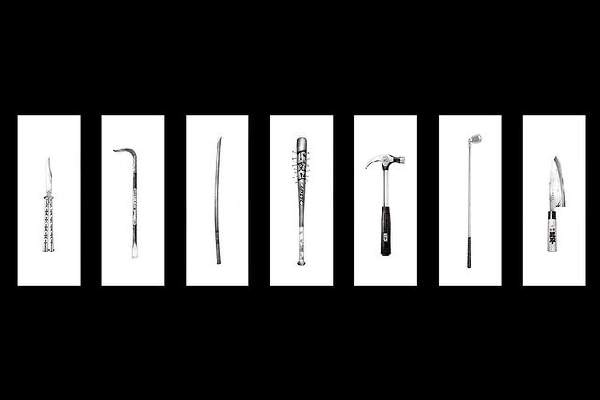
The talented artist challenges conventional beliefs that high-quality materials are necessary for creating aesthetically pleasing pieces and instead encourages creativity with any available resources.
In doing so, viewers are motivated to explore atypical approaches to their artwork production through unconventional ways promoted by Shohei’s unique style.
Similarly, another celebrated name in Japan is Ryuichi Sakamoto.
2 ‘Heisei Mary’ is His Most Elaborate Art Piece
Shohei’s most renowned works exhibit a plethora of particulars, purposefulness, and Japanese style.
One such celebrated artwork is Heisei Mary which portrays a heavily-tattooed woman carrying hope for the future of the Reiwa era, a new imperial era meaning ‘Order and Harmony.’.
Upon closer examination, Shohei elucidates how he intentionally arranged each symbol on Heisei Mary’s body. The female characters inhabit the left side while male characters decorate her right.
Villains or anti-heroes grace her thighs categorized again by their “Western” and “Eastern” origins.
Throughout the central and upper portions of the composition, various emblems denoting Christianity and Buddhism provide additional insight into defining Japan’s Heisei era.
View this post on Instagram
Merged collectively, Shohei affirms that this artwork embodies rapid changes along with disorderliness during that epoch.
Wherein through Heisei Mary, Otomo aims to convey these messages to unborn babies using symbolic representations showcasing chaos during this period.
ALSO READ: Meet Alex Yurkiv’s Girlfriend: How His Song ‘Take Me To The River’ Became A Turning Point
1. ‘Transcendent Algorithm’ Diverges From Otomo’s Traditional Ways
Looking at the Transcendent Algorithm, viewers are transported to a place that feels both comforting and uneasy.
Its vastness is overwhelming, making it challenging to grasp the future of humanity and the perception of reality.
In his artwork, the artist examines how humans will evolve along with robots – their changes and developments intertwined.
This is an essential notion that Shohei elegantly elevates through his pieces.
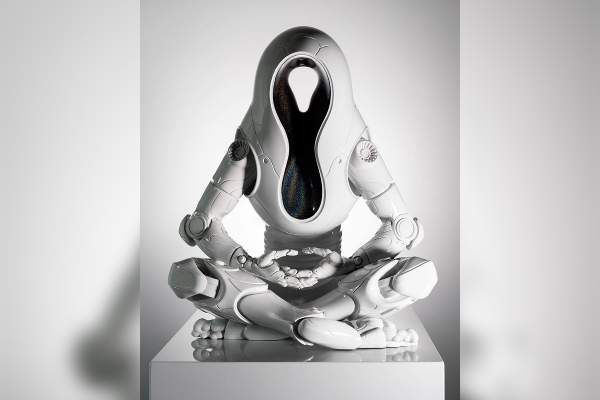
Furthermore, Shohei ponders how AI will evolve; will they become more like humans or develop their unique spirituality?
These existential concepts are elegantly conveyed through Shohei’s work.
Shohei Otomo is a generational talent, and his success comes from years of hard work and dedication to his craft.
We are eagerly waiting for the next Shohei Otomo art to be released; we wish the genius the best of fortunes.
